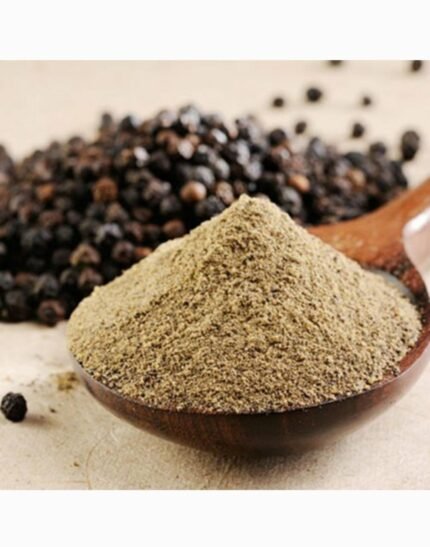
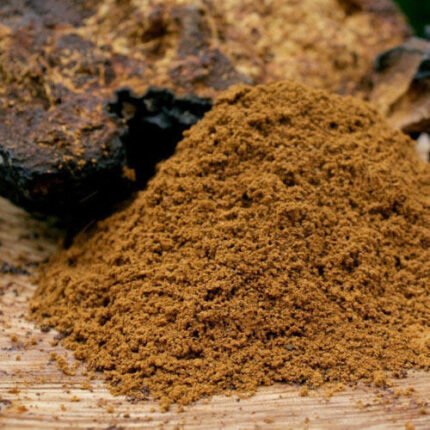
Guggul Extract Powder
₹550.00 Original price was: ₹550.00.₹490.00Current price is: ₹490.00.
Guggul extract powder is derived from the resin of the Commiphora mukul tree, native to India and other parts of Asia. Traditionally used in Ayurvedic medicine, guggul is celebrated for its potential health benefits, particularly in promoting metabolic health and supporting healthy cholesterol levels. The active compounds in guggul, known as guggulsterones, are believed to enhance lipid metabolism and have anti-inflammatory properties.
This extract powder can be easily incorporated into dietary regimens, offering a convenient way to access its health-promoting effects. In addition to its cardiovascular benefits, guggul is also used for weight management and may support joint health. While generally considered safe, it’s important to consult with a healthcare professional before starting any new supplement, especially for individuals with existing health conditions or those taking medication.
Guggul Extract Powder: A Comprehensive Overview
Introduction
Guggul extract powder, derived from the resin of the Commiphora mukul tree, is a time-honored herbal remedy with roots in traditional Ayurvedic medicine. Revered for its therapeutic properties, guggul has been used for centuries to address various health concerns, from metabolic disorders to inflammatory conditions. With a growing interest in natural remedies and holistic health, guggul extract powder is gaining popularity as a supplement in modern wellness practices. This comprehensive overview will explore the origins, composition, health benefits, uses, and potential side effects of guggul extract powder.
What is Guggul? Botanical Background
Guggul is derived from the gum resin of the Commiphora mukul, a small, thorny tree native to the arid regions of India, particularly in the states of Gujarat, Rajasthan, and Madhya Pradesh. The tree thrives in dry, rocky soils and can tolerate high temperatures, making it well-suited to its native environment.
Historical Significance
In Ayurveda, guggul has been used for over 2,000 years as a medicinal herb. It is classified as a “rasayana,” meaning it promotes longevity and rejuvenation. Traditional texts describe its use for various ailments, including arthritis, obesity, and skin disorders. Its incorporation into Ayurvedic practices has solidified its status as a significant herbal remedy in Indian culture.
Nutritional Composition of Guggul Extract Powder
Guggul extract powder is rich in bioactive compounds that contribute to its therapeutic effects. The primary constituents include:
Guggulsterones: These are the primary active compounds in guggul resin and are classified into two main types—guggulsterone E and guggulsterone Z. These sterols are believed to have lipid-lowering effects and contribute to guggul’s anti-inflammatory properties.
Essential Oils: Guggul contains volatile oils that may possess antimicrobial and anti- inflammatory properties.
Terpenoids: These compounds contribute to guggul’s medicinal benefits and may enhance its overall efficacy.
Resins: The gum resin from guggul has a unique composition that supports its use in traditional medicine.
Vitamins and Minerals: Guggul extract may contain trace amounts of vitamins (like vitamin C) and minerals (such as zinc and magnesium), although these are not its primary sources of nutrients.
Health Benefits of Guggul Extract Powder
Cholesterol Management
One of the most well-documented benefits of guggul extract powder is its ability to support healthy cholesterol levels. Research has shown that guggulsterones can help lower LDL (bad) cholesterol and triglyceride levels while increasing HDL (good) cholesterol levels. This lipid-lowering effect can be beneficial for individuals with high cholesterol or those at risk of cardiovascular disease.
Weight Management
Guggul extract is often used in weight loss formulations due to its potential to enhance metabolism. It may promote fat oxidation and help regulate appetite, making it easier for individuals to manage their weight. Some studies suggest that guggul can help reduce body fat and improve body composition, although more research is needed in this area.
Anti-Inflammatory Properties
Guggul has significant anti-inflammatory effects, making it useful in treating conditions characterized by inflammation, such as arthritis. Its ability to reduce swelling and pain in joints has been observed in both traditional and modern applications. Guggul’s anti-inflammatory properties are attributed to its guggulsterones and other bioactive compounds.
Thyroid Support
Guggul has been traditionally used to support thyroid health. Some studies suggest that it may help stimulate thyroid hormone production, which can be beneficial for individuals with hypothyroidism. This effect may be linked to guggul’s ability to improve metabolism and support overall endocrine function.
Antioxidant Effects
The antioxidant properties of guggul extract powder help protect the body from oxidative stress. By neutralizing free radicals, guggul may reduce the risk of chronic diseases, including cancer and heart disease. Its antioxidants also play a role in supporting skin health and reducing signs of aging.
Skin Health
Guggul has been traditionally used to treat skin conditions, including acne and eczema. Its anti- inflammatory and antimicrobial properties may help reduce acne lesions and soothe irritated skin. Additionally, guggul is often included in skincare formulations for its rejuvenating effects.
Joint and Muscle Health
The anti-inflammatory properties of guggul make it a valuable supplement for promoting joint and muscle health. It may help reduce pain and stiffness associated with conditions like osteoarthritis and rheumatoid arthritis. Regular use of guggul extract can enhance mobility and improve overall quality of life for individuals with joint issues.
Digestive Health
Guggul extract powder is thought to support digestive health by improving gut motility and reducing symptoms of gastrointestinal discomfort. Its anti-inflammatory properties may also help soothe the digestive tract, making it beneficial for individuals with conditions like irritable bowel syndrome (IBS).
Hormonal Balance
Guggul has been used in traditional medicine to support hormonal balance, particularly in women. It may help regulate menstrual cycles and alleviate symptoms associated with hormonal fluctuations, such as PMS.
How to Use Guggul Extract Powder
Guggul extract powder is available in various forms, including capsules, tablets, and powdered forms. Here are some common methods of incorporating guggul into your routine:
In Ayurvedic medicine, guggul is often combined with other herbs to enhance its therapeutic effects. Traditional formulations, such as Guggulu or Guggulutikkas, may be prepared by combining guggul with ingredients like turmeric, ginger, or black pepper.
Recommended Dosage
The appropriate dosage of guggul extract powder can vary based on individual needs and health goals. However, general guidelines suggest:
Capsules/Tablets: 500 mg to 1,000 mg per day.
Powdered Form: 1 to 2 teaspoons per day, typically mixed with water or other beverages.
It is essential to consult with a healthcare professional before starting guggul, especially if you are pregnant, breastfeeding, or taking medications.
Potential Side Effects
While guggul extract powder is generally considered safe for most individuals, some potential side effects and
considerations include:
1 Gastrointestinal Distress
Some individuals may experience mild gastrointestinal issues, such as nausea, diarrhea, or abdominal cramps, when consuming guggul extract. Starting with a lower dose and gradually increasing it can help minimize these effects.
2 Allergic Reactions
Although rare, some people may be allergic to guggul. Signs of an allergic reaction may include itching, rash, or difficulty breathing. If you experience any of these symptoms, discontinue use and seek medical attention.
3 Drug Interactions
Guggul may interact with certain medications, particularly those that affect thyroid function, cholesterol levels, or blood sugar. Individuals taking anticoagulants, antidiabetic medications, or thyroid medications should consult a healthcare provider before using guggul.
5 Hormonal Effects
Due to its potential impact on hormonal balance, individuals with hormone-sensitive conditions (such as certain types of breast cancer) should exercise caution when using guggul.
6 Pregnancy and Breastfeeding
There is limited research on the safety of guggul during pregnancy and breastfeeding. It is advisable to avoid guggul during these times unless recommended by a healthcare professional.
Cultivation and Harvesting of Guggul
1 Growing Conditions
Guggul trees thrive in arid and semi-arid climates. They prefer well-drained sandy or loamy soils and can tolerate poor soil conditions. The trees require full sunlight for optimal growth.
2 Propagation
Guggul trees can be propagated from seeds or cuttings. Seeds should be planted in well-prepared soil, while cuttings should be taken from healthy, mature trees. Proper care during the initial growth phase is crucial for successful propagation.
3 Harvesting
The resin is harvested from mature guggul trees during the dry season. The bark is incised to allow the gum resin to ooze out, which is collected after it hardens. Sustainable harvesting practices are essential to ensure the long-term health of guggul trees and their ecosystems.
4 Processing
Once harvested, guggul resin is cleaned and processed into extract powder. The extraction process may involve grinding the resin into a fine powder or using solvents to isolate the bioactive compounds. Quality control measures are vital to ensure purity and potency.
Traditional Uses of Guggul
Guggul has a long history of use in traditional medicine, particularly in Ayurveda. Some of its traditional applications include:
1 Ayurvedic Formulations
Guggul is a key ingredient in several Ayurvedic formulations, including Triphala Guggulu, which combines guggul with three other herbs to promote detoxification and support overall health.
2 Treatments for Skin Conditions
In traditional practices, guggul has been used to treat skin ailments, such as psoriasis and eczema. Its anti-inflammatory properties help soothe irritated skin and promote healing.

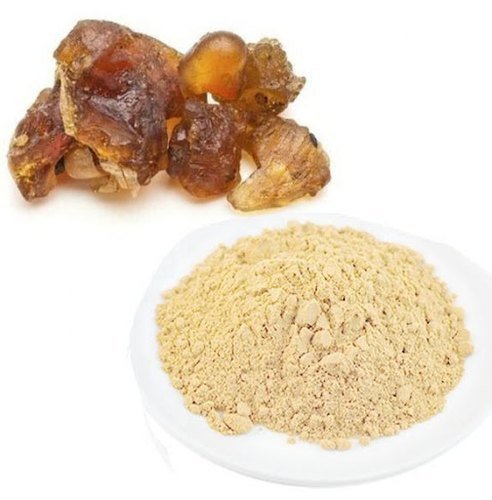
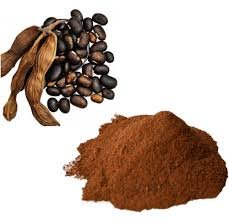
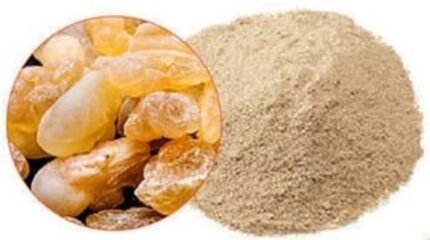

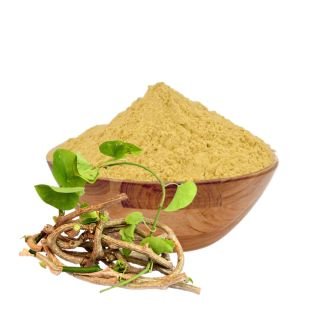
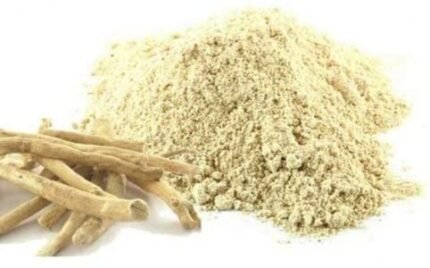
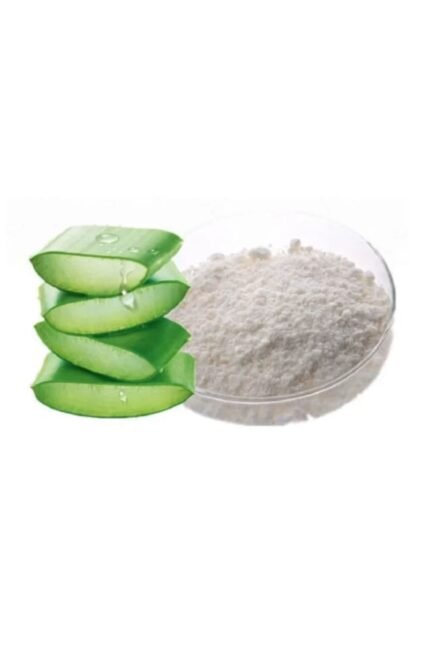
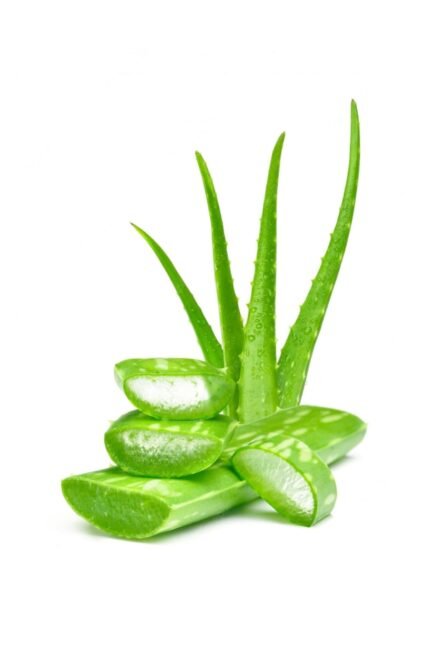
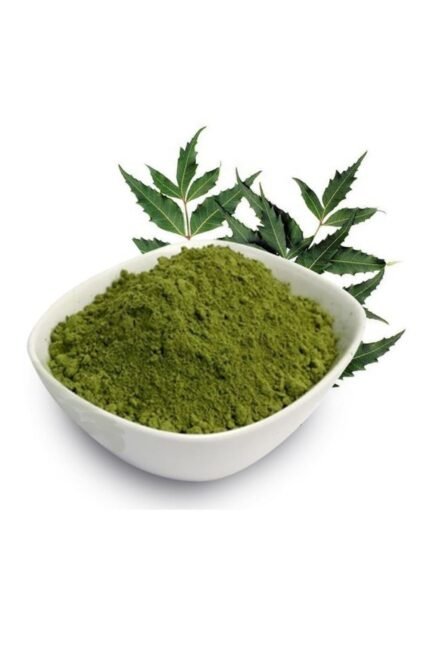

Reviews
There are no reviews yet.